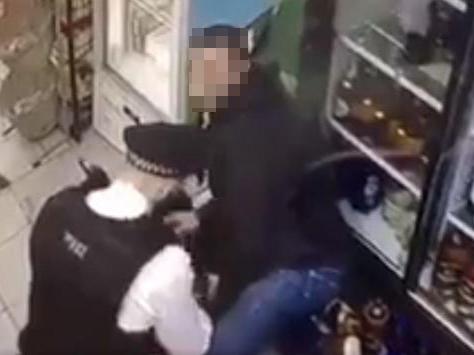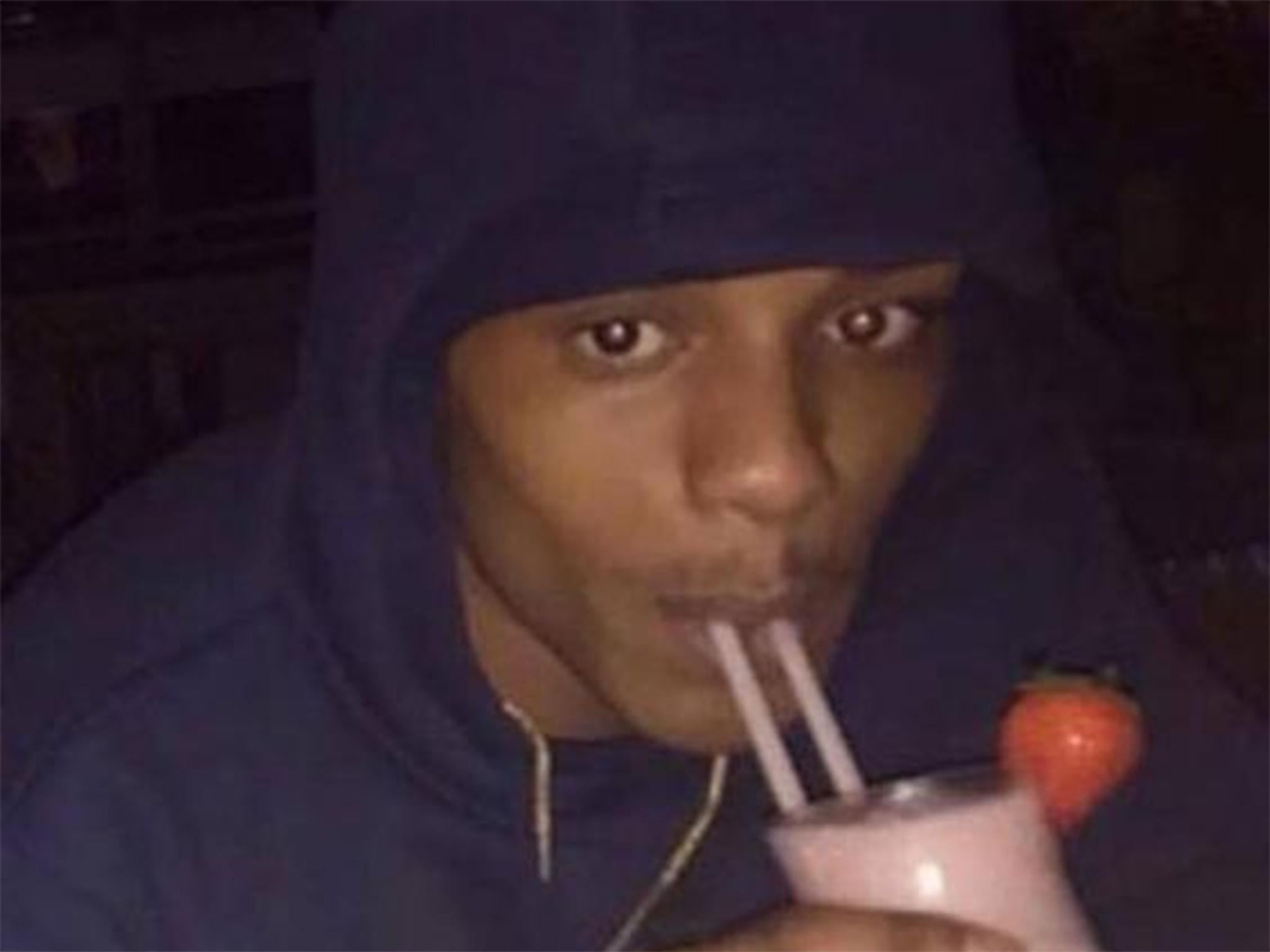Rashan Charles: Police officer to face no charges over death of black man following arrest, CPS announces
Forces suspend practice of searching suspects' mouths by force after investigation indicates Mr Charles died due to blocked upper airway

Your support helps us to tell the story
From reproductive rights to climate change to Big Tech, The Independent is on the ground when the story is developing. Whether it's investigating the financials of Elon Musk's pro-Trump PAC or producing our latest documentary, 'The A Word', which shines a light on the American women fighting for reproductive rights, we know how important it is to parse out the facts from the messaging.
At such a critical moment in US history, we need reporters on the ground. Your donation allows us to keep sending journalists to speak to both sides of the story.
The Independent is trusted by Americans across the entire political spectrum. And unlike many other quality news outlets, we choose not to lock Americans out of our reporting and analysis with paywalls. We believe quality journalism should be available to everyone, paid for by those who can afford it.
Your support makes all the difference.A police officer will not face charges over the death of a young black man who died while in police restraint, the Crown Prosecution Service (CPS) has said.
The incident has nonetheless led to the suspension of mouth searches in the Metropolitan Police after the final post-mortem results indicated the 20-year-old died of a sudden cardiac arrest brought on by a blocked upper airway.
Rashan Charles died in the early hours of 22 July after being chased into a shop in the east London district of Dalston, where CCTV showed a police officer struggling with him on the floor.
A common assault charge against a Met Police officer was considered by the CPS, but a statement said the “evidential test” had not been met.
The Independent Office for Police Conduct (IOPC) has since revealed that, due to findings of an ongoing investigation into the death, the Metropolitan Police Service has suspended searching mouths by force due to the associated risks.
A review of their guidance will be conducted after the investigation identified "conflicting" available advice given to police nationally about searching people suspected of placing drugs or other packages in their mouths.
The pathologist investigating the case said Mr Charles' death was most likely caused by him attempting to swallow a plastic package, which subsequent forensic testing showed contained a mixture of caffeine and paracetamol.
They identified no other significant injuries to the head, neck or torso of Mr Charles that would suggest prolonged or excessive restraint in the lead up to his death.
A CPS spokeswoman said on Sunday: “Following the death of Rashan Charles in July 2017, the IOPC referred a file of evidence in relation to one Metropolitan police officer for a possible charge of common assault.
“The CPS has considered the matter and decided the evidential test for a prosecution for common assault is not met. We will therefore not be taking any further action regarding this offence.”
The officer who apprehended Charles is nonetheless still under investigation by the IPCC for gross misconduct for the restraint and his handling of the subsequent medical emergency, which could potentially result in his dismissal from the Met.
It comes two months after a judge ruled that the officer and a second man who later intervened would remain anonymous throughout the inquest into the 20-year-old's death, following claims by officers that they were at risk of reprise attacks if their names were made public.
The family of Mr Charles said they did “not understand” the decision not to charge the officer who restrained him, and urged that the suspension of mouth searches “should not detract” from the question of whether the officer acted lawfully.
A statement issued by the family said: “The family do not understand the CPS's decision not to prosecute this officer for even a low level common assault.
“The CCTV shows a police officer taking very forcible hold of Rashan from behind, putting him to the ground and handcuffing him. To us, this seems to show an unnecessary use of force. For there to be public confidence in policing we call for due process in the form of a criminal trial.

“We are aware that the IOPC has also raised concerns about police training on mouth searches, but this should not detract from the question of whether this officer acted lawfully, and if not, whether this played a part in Rashan's untimely death.“
Deborah Coles, director of Inquest, a charity that has been supporting the family, said: “The routine lack of criminal action following police deaths is the single greatest source of anger and pain for families who expect and demand a system capable of delivering justice and accountability.
“The family of Rashan Charles have every reason to feel bitterly let down at a decision which many will find difficult to reconcile with the CCTV evidence widely seen. The processes that now follow must provide this family with answers as to how the actions which ended with Rashan’s death were lawful and justified.
"Continuing serious concerns about the disproportionate number of young black men who are dying following police restraint must be addressed.”
The family’s solicitor, Carolynn Gallwey of Bhatt Murphy, said: “The family’s focus remains on establishing why it has been decided that this officer’s use of force was justified and proportionate, and on fully exploring whether this played a role in Rashan’s death.”
Join our commenting forum
Join thought-provoking conversations, follow other Independent readers and see their replies
Comments